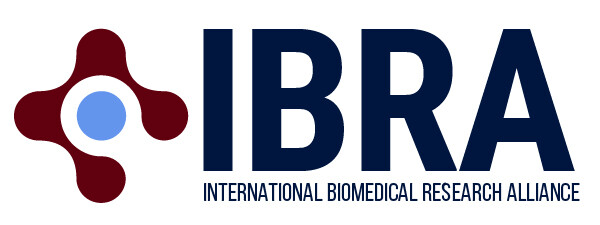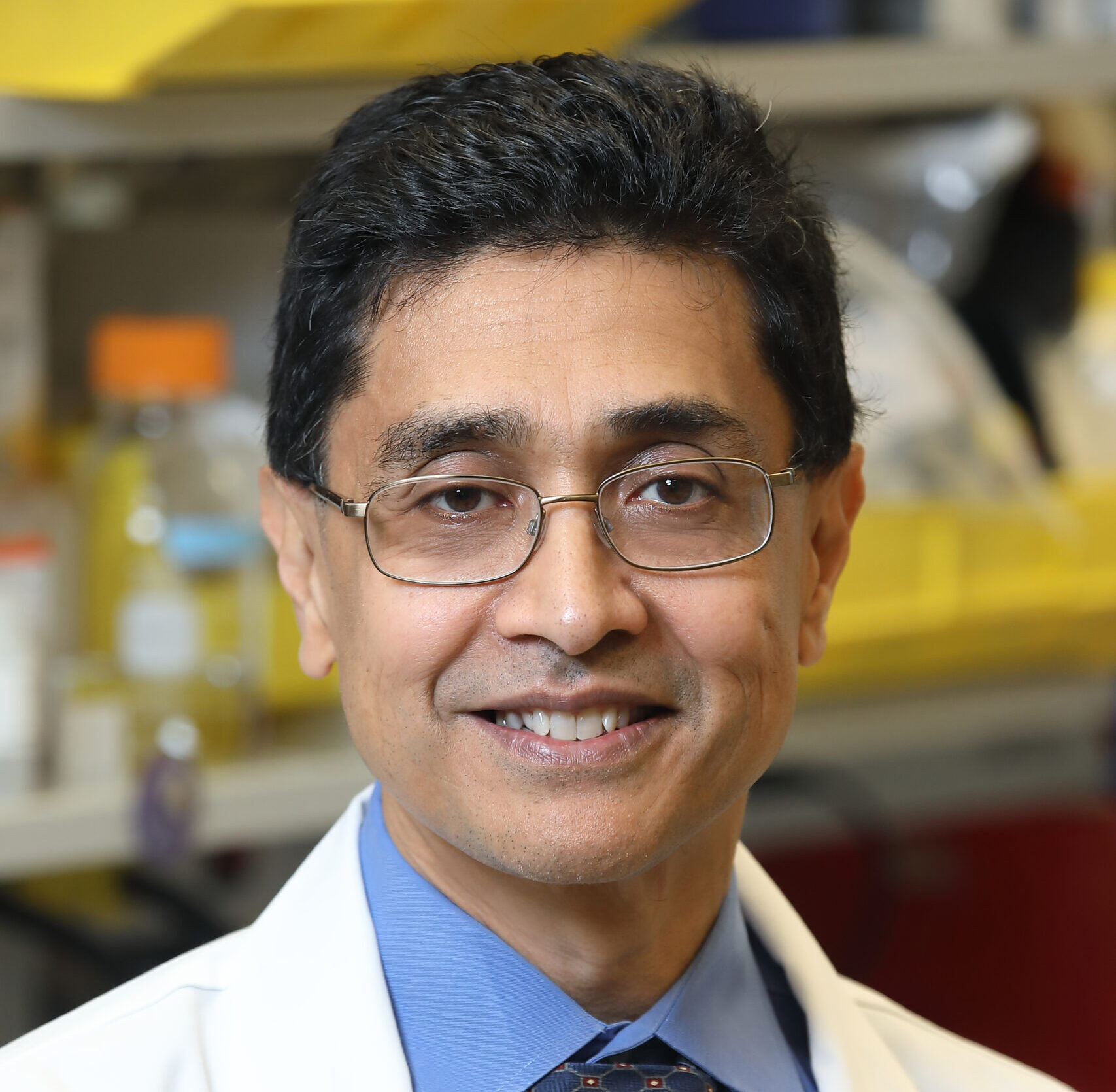Acclaimed American poet, educator, activist, and autobiographer, Maya Angelou, once said that in order to be an effective mentor, one must care. She went on to say that an effective mentor should care about what they know, and care about the person they are sharing it with.
A mentor is many different things on different days but is always endlessly interested in the quality of the learning experience and the well-being of their mentee. In short, they care.
It has been a long-standing tradition of the NIH Oxford-Cambridge Scholars Program to pause each year to recognize an outstanding mentor among the many faculty members who serve the Program across the NIH, and at the Universities of Oxford and Cambridge. Nominations for this honor come from those who are the fortunate recipients of outstanding mentoring – the mentees.
This year, this award recognized two Outstanding Mentors, Dr. Javed Khan and Professor Alex Bullock. They are leaders who are fiercely dedicated to mentoring the next generation of scientists, equipping them with the necessary tools to tackle humanity’s greatest health challenges.
Dr. Javed Khan was nominated by his mentee, Katherine Masih. In submitting this nomination, she wrote: “I’ve been a student in Javed’s lab since my research year in the NIH Medical Research Scholars Program. While I’ve been fortunate to have worked with several outstanding scientific mentors, I can without a doubt say he is the best mentor I’ve ever had. Javed is a true role model for a physician-scientist, promoting the values of compassion, integrity, and drive both in the laboratory and the clinic. He values each team member’s contributions to a project or accomplishment and facilitates a truly collaborative lab atmosphere where we go out of our way to help each other to improve everyone’s science. He makes a point of getting to know what each trainee’s goals are and provides us with speaking and writing opportunities, and never shies away from elevating us for awards or recognition for our work. While he’s never at a loss for great ideas or encouragement, Javed has always given me the freedom to make my own scientific decisions for my projects, while still pushing me to think critically about what and why I’m doing experiments. His steadfast support has given me the confidence to spearhead projects and gain independence as a scientist. Without his encouragement and valuing my scientific training over expedience, I would not be where I am today, and I consider him a lifelong mentor at the bench, in the clinic, and in life.” Thank you, Dr. Khan, for going above and beyond for your trainees.”
Exceptional mentorship continues to be a cornerstone feature of the NIH Oxford-Cambridge Scholars Program since its inception in 2001.

